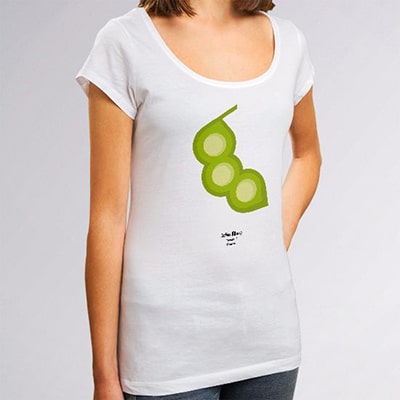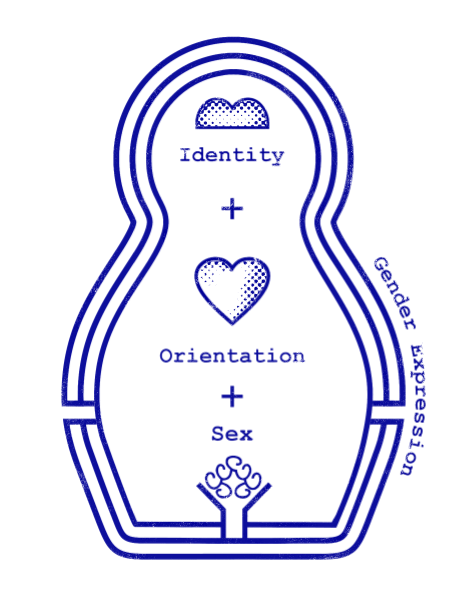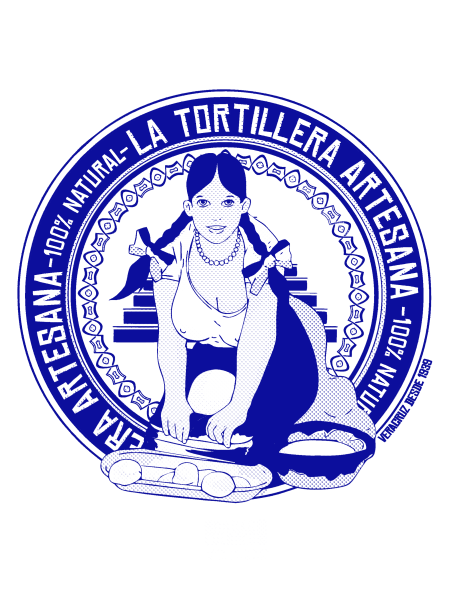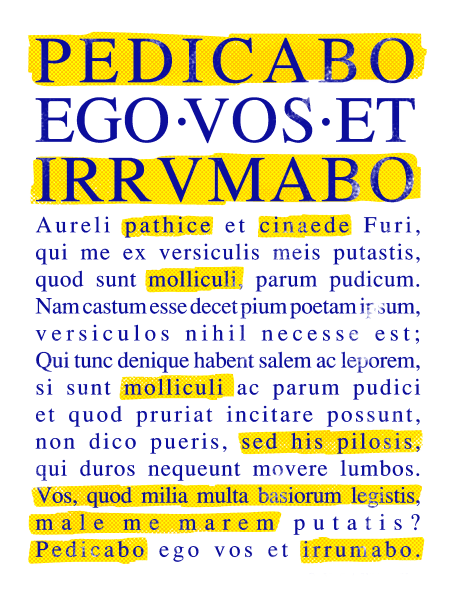Lesbian Dictionary French
How to say lesbian in French
Below are the words of our French Lesbian Dictionary that we will expand in new editions. If you know any more, please, contact us. But first some information about the language and where it is spoken.
French is a language of Indo-European family, that is the official language in 29 countries and spoken in 51 different countries by about 300 million people.
In France, the homosexuality was decriminalized after their Revolution, in 1791, although it was subsequently penalized in 1960 with the law of “indecent exposure” that was repealed twenty years later, similarly, the age of consent for homosexual sex was varying with time. France has legislation against discrimination and hate speech. In 2013, equal marriage and homoparental adoption were approved, although at the moment lesbians do not have access to assisted fertilization techniques. However, access to assisted reproduction techniques for lesbians has not yet been a proposal.
- +
Anandrynes

Engraving by Françoise Raucourt, an Anandrynes but, above all, an extraordinary woman. Photograph cropped and colorized from the Wikidata original, used under a CC BY-SA 2.0 DE license.
Anandrynes is a neologism formed by the privative prefix an- and the noun andros, “man”, which literally means “without men”. When looking for the origin of this expression, we found it to be a mixture of fiction and reality that emerged at the end of the 18th century. We don’t know yet, for the moment, if it is a literary creation, or if it has an earlier and different origin.
The fiction of the slang Anandrynes comes from the publication (London 1784) of an apology and 3 letters in number 10 of the erotic magazine L’Espion Anglais, by the author Pidansat de Mairobert. The Apologie de la secte anandryne ou Exhortation d’une jeune tribade par Mlle Raucourt (Apology for the Anandryne sect or Exhortation of a young tribade woman by Mademoiselle Raucourt) explains the rules and rituals of the Anandrine cult, and the 3 letters recount Miss Sapho’s experiences in the Anandrine cult, her later conversion to heterosexuality, and her end as a prostitute. After the French revolution the text was reissued several times and under different titles, such as Anandria ou Confessions de Mademoiselle Sapho, which contained les détails de sa réception dans la sect anandrine, sous la présidence de Mlle Raucourt, & ses diversitys aventures (1789) (Anandria or Confessions of miss Sapho, containing the details of her joining the Anandrine sect, under the presidency of Mademoiselle Raucourt, and her various adventures).
The reality of the slang Anandrynes is found in the French actress Françoise Raucourt, also known as Mademoiselle Raucourt (1756-1815), member of the council (1776) of the Comédie-Française or Théâtre Français (National Theater) and founder of a second Théâtre -Français (or Louvois room) in 1796. Opposed to the French revolution, she was sent to prison (1793), where she met the woman with whom she spent the rest of her life, Henriette Simonnet de Ponty. Many things were said about this great woman, but none of them we know for sure. In different pamphlets and gossip of that patriarchal society, she was said to belong to the Anandrin cult, and was the protagonist of numerous scandals with both sexes, wheteher real or invented. It is not strange, therefore, that the name became coincidentally the name of a protagonist of erotic work, or that it was said the objective of that supposed cult was to annihilate men, or that during the 1780s the Raucourt surname was a synonym for lesbian.
Read: La secte des anandrynes ou les liaisons scandaleuses de Mlle Raucourt
+Balasko

Frame from the film “Gazon maudit”, with Josiane Balasko, playing a woman with a masculine gender expression (binary mode on). Screenshot of a Youtube video.
Balasko is an expression used in France to refer to a masculine or butch lesbian. Its origin can be found in the surname of the French actress Josiane Balasko who, despite not being a lesbian, played Marie-Jo, a male lesbian with a job as a truck driver, in the film Gazon maudit in 1995 (in English speaking countries, French Twist). The film, directed by Balasko herself, won the César for “best original screenplay or adaptation” in 1996. The screenplay was written by the actress, Patrick Aubrée, and Telsche Boorman. The film was quite successful in France, so it is not surprising that the slang came up.
The title of the film also left no room for doubt, since gazon, meaning grass, is related to women’s pubic hair and cunnilingus itself as we can find in other expressions such as broutteuse de gazon. This expression animalizes/ridicules lesbian sex itself, since the English translation of the French verb brouter is to graze, which is what, for example, cows do when they eat grass in the meadow. We find these to be derogatory expressions, although we assume that it depends on the context and the degree of re-appropriation by the LGBT+ community.
Read: Tomboy and gender expression (Article from our blog)
+Gouine
Dyke. Derogatory intention.
+Gousse
Its literal translation into Spanish is pod and is lesbian slang, also comes from the French verb “gousser” which means eating. Gousse and gouine, were words that in the 17th and 18th centuries referred to prostitutes since at that time the lesbian sex socially was only understood as a perversion performed by prostitutes. Check our article for the Lesbian Slang Collection to read more about this word.

T-shirt with the Gousse drawing. You can purchase it in our online stores.
Read more: Gousse. Lesbian Dictionary (France).







Can you help us with this dictionary?
You can do it in two ways, sending an email with some words you know, and also, spreading our work on your social networks.
Share it!